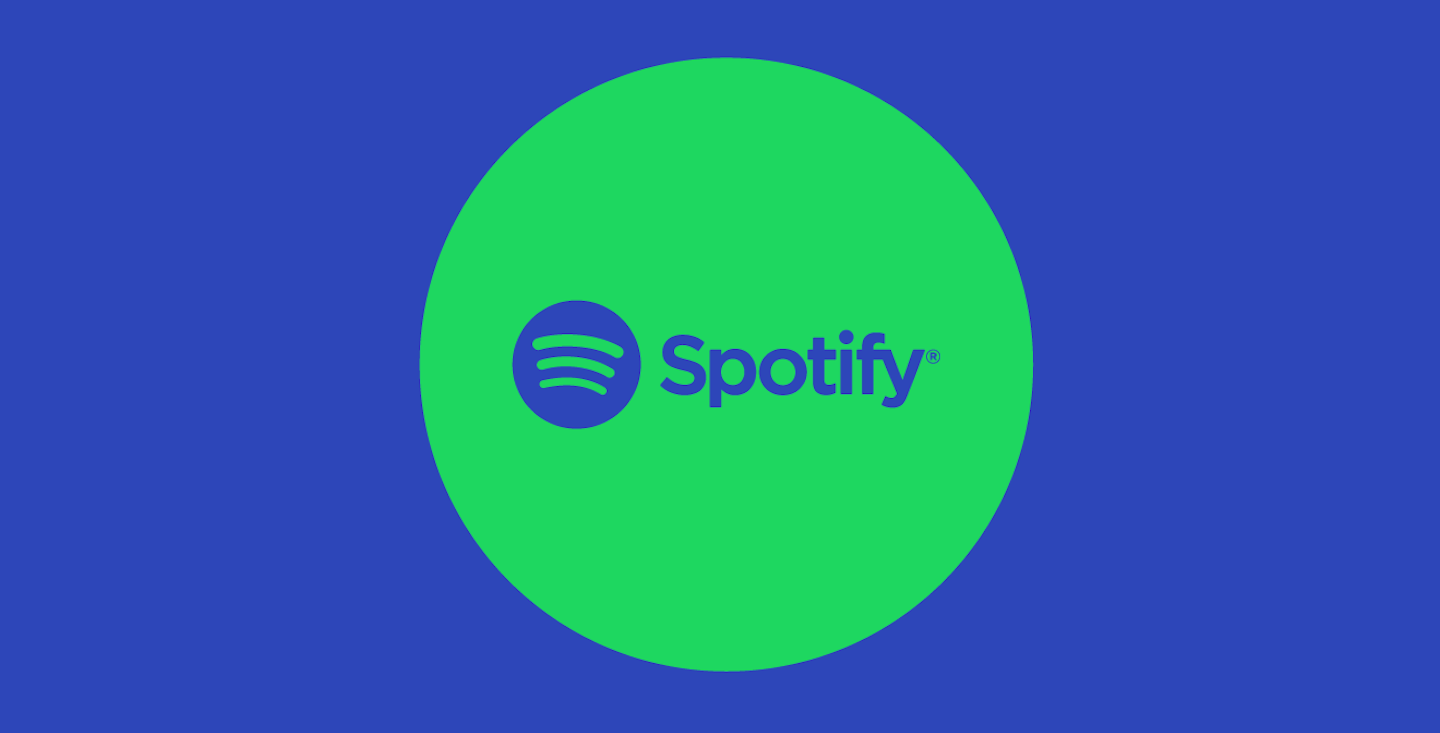Spotify faces scrutiny once again, this time from the National Music Publishers’ Association, which has filed a complaint with the Federal Trade Commission (FTC). The complaint alleges that Spotify’s recent inclusion of audiobook content in all its paid subscription plans is a deceptive tactic aimed at increasing profits while reducing royalties paid to music publishers.
According to the complaint, Spotify introduced 15 hours of audiobook content into its Premium subscription plans in November 2023. Subsequently, the company launched a separate audiobook-only subscription priced at $10 per month, offering the same listening hours. The publishers’ association asserts that Spotify’s decision to bundle audiobooks with music subscriptions has effectively raised prices for consumers without their explicit consent, as they cannot opt out of the audiobook content without switching to a free, ad-supported plan.
Furthermore, the complaint claims that Spotify’s revenue boost from these bundled plans—potentially amounting to $150 million less in music royalties over a year—does not adequately compensate music composers. The NMPA describes Spotify’s audiobook-only plan as a facade to justify the increased cost of its bundled Premium Plan, arguing that both plans offer identical audiobook content at nearly the same price.
In response, a Spotify spokesperson defended the company’s actions as standard industry practice, emphasizing their transparent approach to price adjustments and subscription options. The spokesperson rejected the NMPA’s accusations, stating Spotify’s commitment to offering value and a superior user experience.
This development highlights ongoing tensions within the music streaming industry regarding fair compensation for artists and creators. The outcome of this FTC investigation could potentially impact Spotify’s future business strategies and its relationships with music publishers and artists alike.



